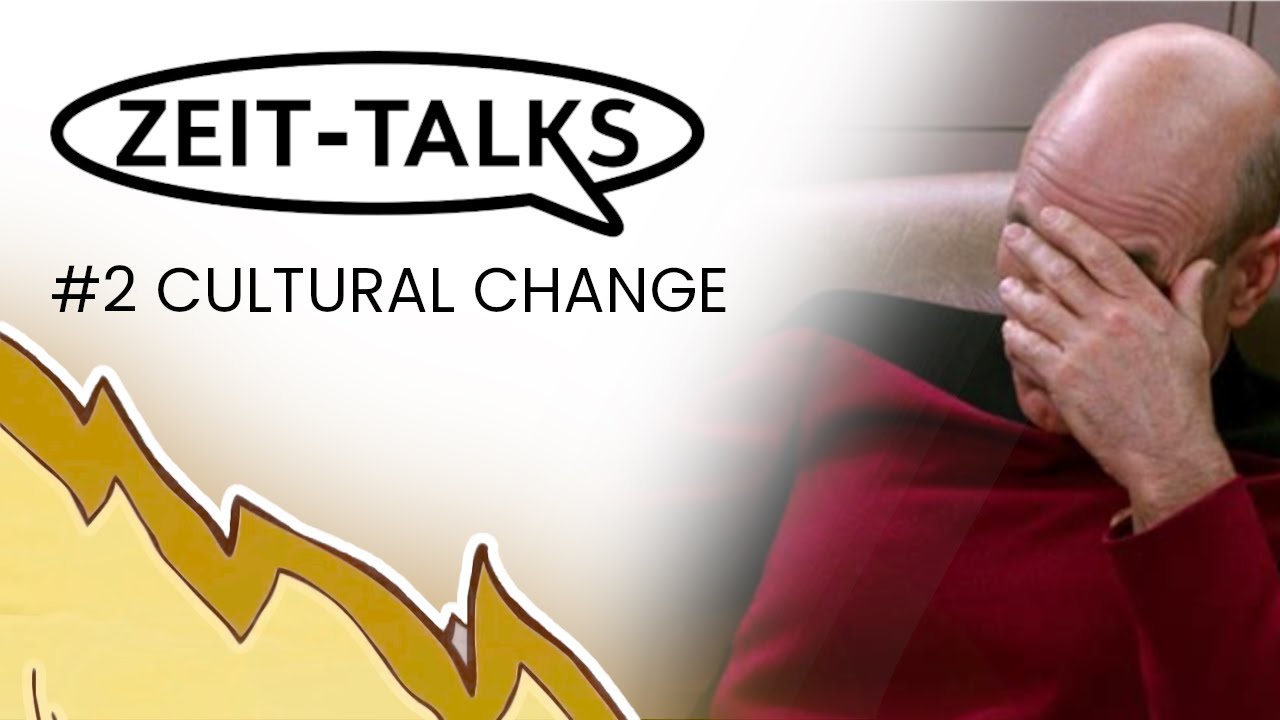Hmm no, I think we’re on different tracks right now. I’m not referring to capitalism what I was referring to. I just think that in order to completely remove money from the equation, some kind of stepping stone should be used to pull culture towards this end. Everyone has the same 24 hours in a day, rich and poor people alike. And in that 24 hour period, people do different things: sleeping, caring (either for yourself, like eating, excercising, etc. or caring for family members or friends), entertainment and contributing to society. That being said, caring for family members and friends and for yourself could be seen as a form of contributing to society.
Imagine creating a distribution of the time spent on contributing to society. Then you would want people to spend as much time contributing to society. So a small number of people contribute 0% to society, a large number of people contribute 80% of their available time to society and again a small number contribute 100% of their available time to society.
Then it would be possible to assign resource consumption to certain levels of contribution to society. So, someone contributing 0% of their time only has access to the basic necessity infrastructure (housing, food, heating, electricity, water, internet, health services, transportation), but when people spend more of their time to society, they’re able to consume more.
As I am writing this, I’m thinking: “but what would someone get more of when the basic needs infrastructure is in place?”. And wouldn’t it also mean restricting people from accessing certain services or goods when they’re on the low end of the distribution?
And thinking further about that: isn’t what I refer to what the social credit system in China basically is?
Then I think it is a form of coercion: comply or else. You potentially lose “privileges” in the system if you’re not contributing to society or actively working against society (including having a deviant opinion about how society should function), making it (in the case of China) impossible for you to - for example - use transportation or more dire consequences like “reeducation”.
So basically I am backtracking on the idea described above. Thoughts?
